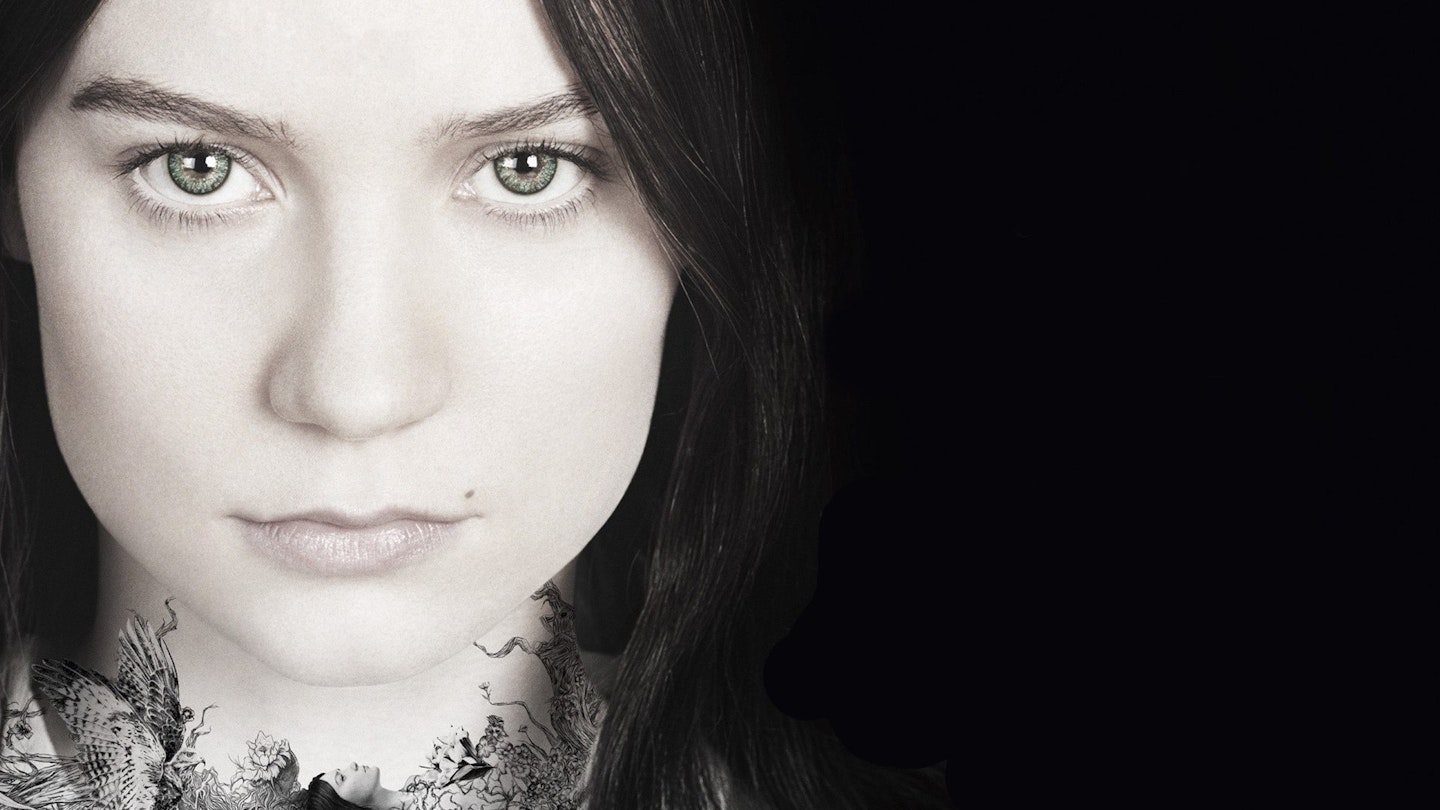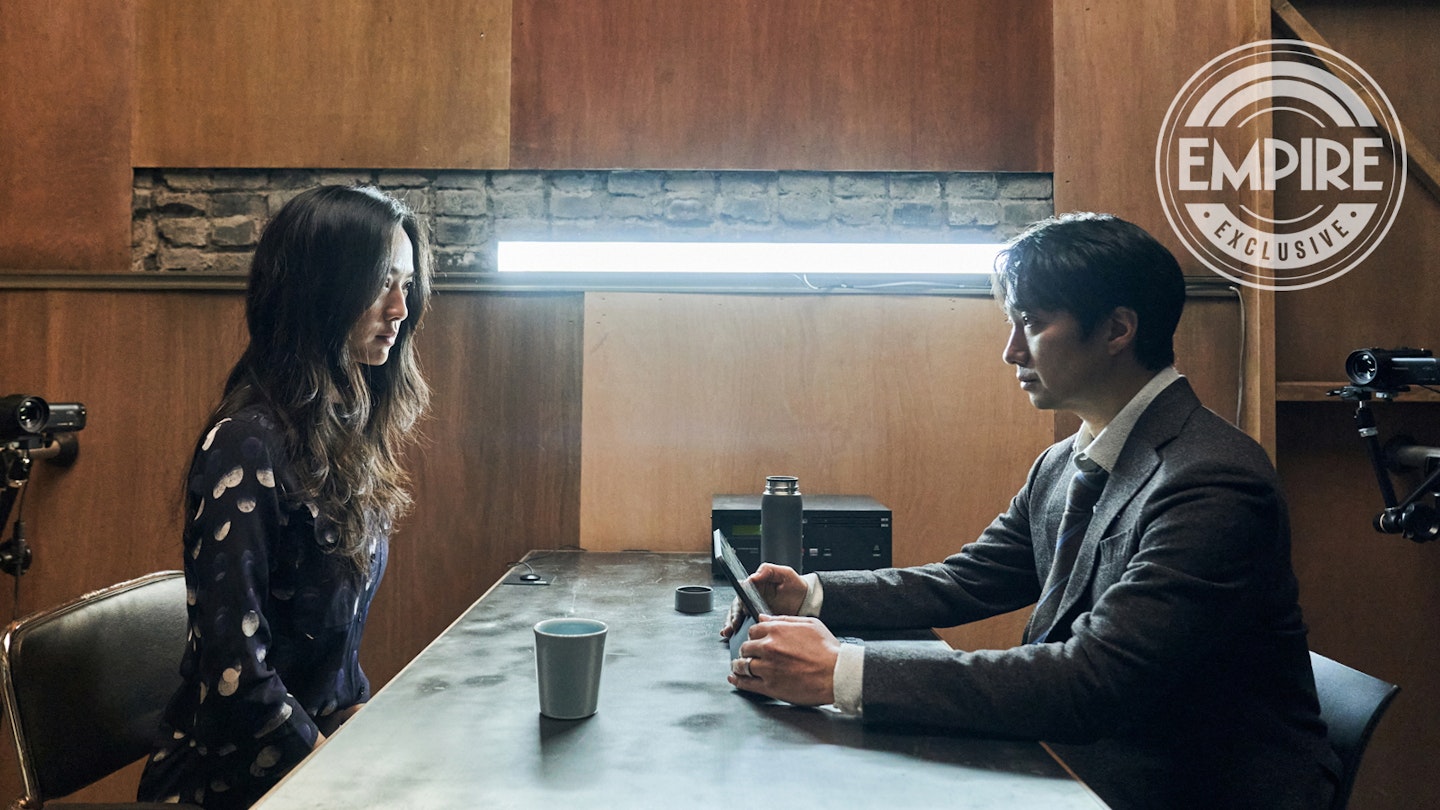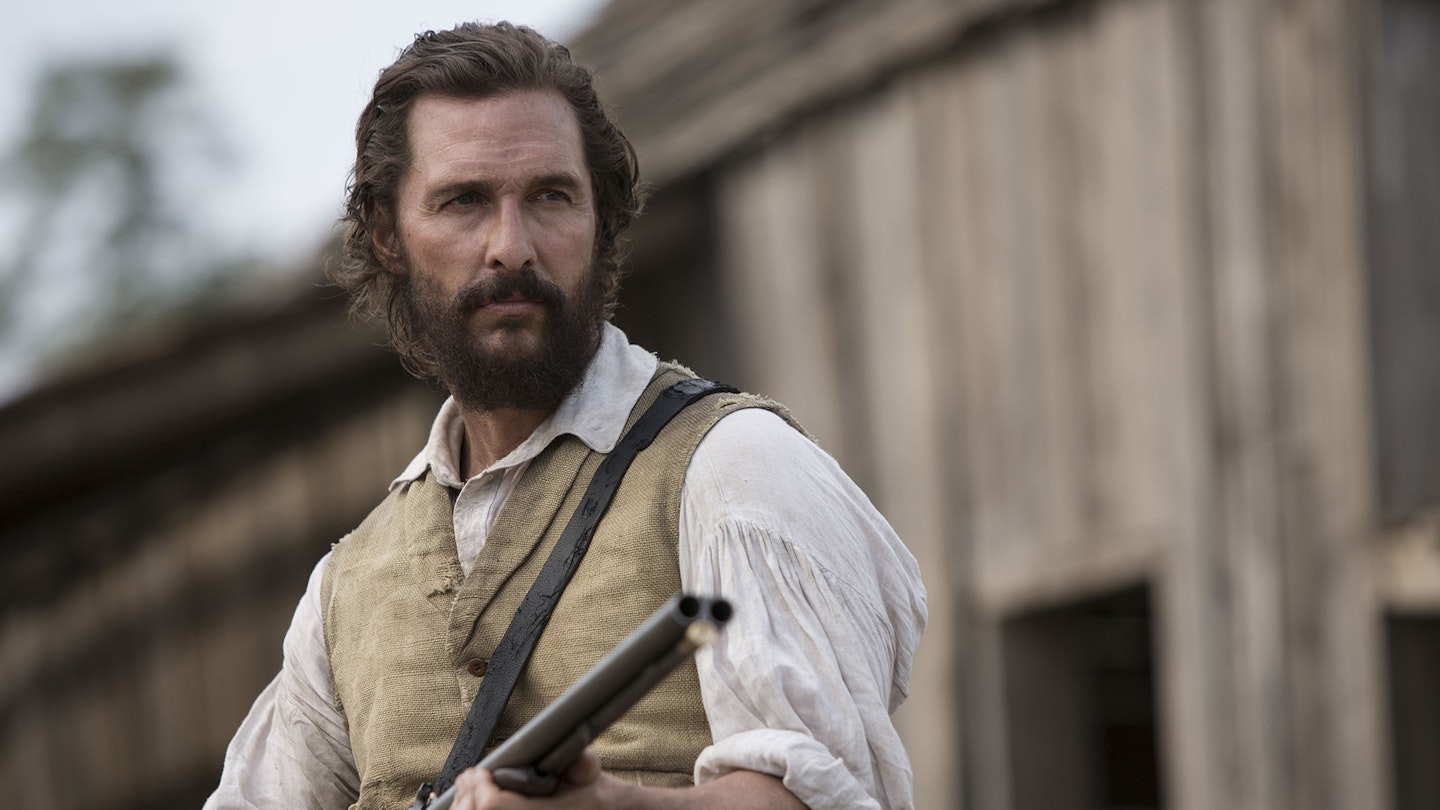Imagine Alfred Hitchcock adapting The Addams Family, not especially faithfully, and that should give you some idea of the mood of Park Chan-wook’s superb first English-language film — a very grown-up horror movie. It’s not the sort of horror movie that waves chainsaws around and chases pert young women through the woods. It’s much smarter than that. It’s spooky, clipped and elegantly bonkers, like an ancient dowager aunt.
The story takes place almost entirely in one of those giant, immaculate houses, which movies would have us believe were built so large in order to offer rich people room for all their secrets, where brittle widow Evie (Nicole Kidman) lives with her daughter India (Mia Wasikowska), an 18 year-old who is a creepy mix of old soul and petulant child. Their days pass in loaded glances until the funeral of Evie’s late husband (played in flashback by Dermot Mulroney) brings his younger brother (Matthew Goode), who gets his feet under the table and his fingers in all the family’s troubles. Nobody ever smiles, at least not all the way up to their eyes, and everyone suspects everyone else of being up to no good, usually with perfectly valid reason. It bleeds into a murder mystery, with each character becoming madder and more ambiguous at every turn.
Park directs the film with a precision and control that are astonishing. There doesn’t seem to be a single frame that he hasn’t carefully considered or included without necessity, even if some of the odder ones take a little while to figure out. The imagery is just magnificent, all chilly but dreamy — or possibly nightmarish — his regular cinematographer Chung Chung-hoon giving it a feel a little like Douglas Sirk with more menace. There are touches that could keep film students deliberating for days, notably one transition from hair being brushed to a field of wavering grass, and lots of bits with a spider all but begging for someone to ascribe him a metaphor.
Before disappearing up our fundament, it must be said that rather than make the film feel finickity or pretentious, all this fastidiousness anchors the world. Although what’s happening is deeply unusual and detached from reality, Park’s commitment to its every detail gives it a logical reality of its own and an atmosphere so thick, you can’t see beyond it. In less steady hands it could very easily have become camp, but wherever there might be a temptation to play a scene in high emotion, Park flattens it out, only enhancing the strangeness.
The script, by Wentworth Miller — yes, him from Prison Break — is a very trim piece of work, never wasting a word when a look will do. Miller has cited Bram Stoker’s Dracula as an influence, and presumably source of the title, though really the most it appears to take from that book is a Gothic mood. Nobody’s sucking on anybody’s neck or flying out the window on a little bit of elastic. More evident is its other influence, Hitchcock’s Shadow Of A Doubt, with which it shares a bad Uncle Charlie, the weirdness of intensely close family relationships and the damage childhood can do, although it’s even more twisted than Hitchcock’s film. The savage evil of Shadow Of A Doubt’s ending would just be a kicking-off point here, a little warm-up before the depravity really gets going.
To tell this story in this way, Park needs actors who can do a lot with a little and he’s served by a faultless cast, particularly a prime leading trio. Wasikowska comes over like a more damaged take on Alice In Wonderland, Kidman’s Evie is heartbreaking in her own messy way, and Goode glowers handsomely as if he is simultaneously plotting abominable acts and taking part in history’s most sinister fashion shoot. They’re each powerful enough to hold the screen alone, but the scenes that bring all three together are an exhibition in underplaying. This lot can tense up a casual dinner conversation like nobody’s business.
These are the kind of performances that should be nominated for awards but generally aren’t because there’s absolutely no showing off; no big moment, just a stream of smaller, more effective ones.
Don’t come in expecting the action or screwy aspects of Oldboy or Sympathy For Lady Vengeance, because this is a much more, for want of a better term, formal film than Park is known for. His consistent theme of revenge certainly plays a part, but all the violence is emotional, with even the few moments of actual physical harm taking place mainly off screen. That said, although Stoker is a film told in a much more polite way than Oldboy, it stillhas a soul every bit as artfully cruel.





